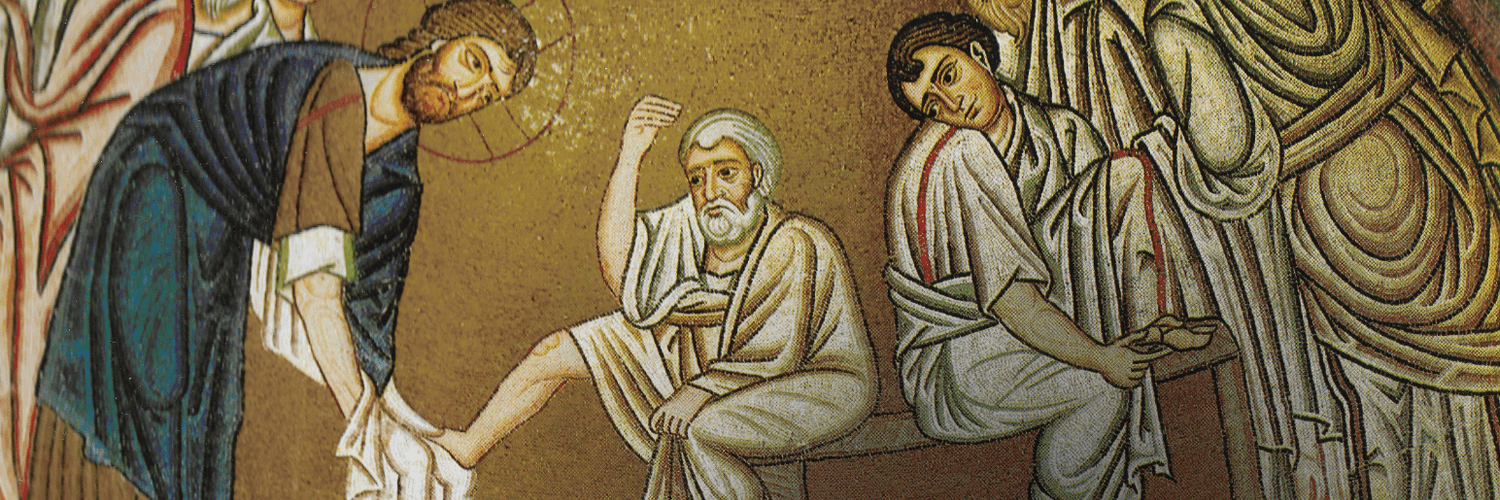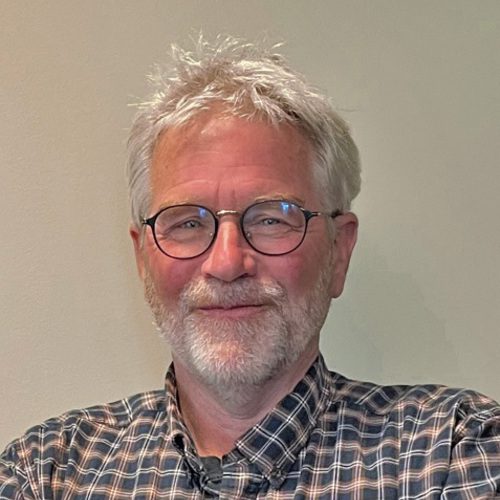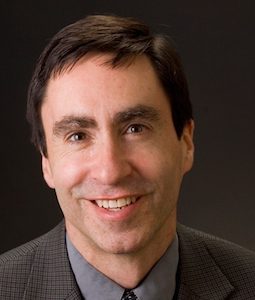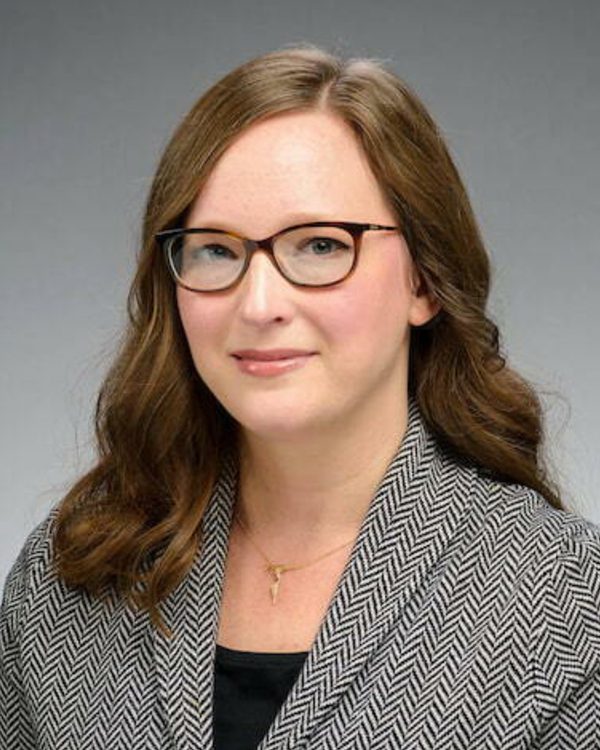The Eucharist Commits Us to the Poor

Why are we concerned about the link between Eucharistic devotion among Catholics and our commitment to social justice? Because the Catechism of the Catholic Church teaches that “the Eucharist commits us to the poor” (CCC, n. 1397). Because Pope Benedict XVI declared in his encyclical Deus Caritas Est that “A Eucharist which does not pass over into the concrete practice of love is intrinsically fragmented” (Deus Caritas Est, n.14. ). And because we have it on good authority that whenever we feed the hungry, give drink to the thirsty, shelter the homeless, welcome the stranger, we encounter Christ, Who assures that whatever you have done to the least among you, you do for me (cf. Matthew 25:31-46). Thus our devotion to the Body of Christ in the Eucharist must be accompanied by our equally fervent devotion to serve the entire human family, especially the poor and those who are in any way oppressed.
Experience the Event
Presented by McGrath Institute for Church Life
Wednesday, March 13, 2024 12:00 pm
In 2022, the United States Conference of Catholic Bishops (USCCB) announced that the Church in this country would undertake a Eucharistic Revival, as a way to bolster Catholics’ belief in the real presence of Christ–body, blood, soul, and divinity–in the Eucharist. This Eucharistic Revival will culminate in a nationwide pilgrimage to the city of Indianapolis in July 2024. In the months leading up to this pilgrimage, the McGrath Institute for Church Life is contributing to this revival by underscoring the intrinsic connection between the Eucharist and Catholic social teaching.
Why are we concerned about the link between Eucharistic devotion among Catholics and our commitment to social justice? Because the Catechism of the Catholic Church teaches that “the Eucharist commits us to the poor” (CCC, n. 1397). Because Pope Benedict XVI declared in his encyclical Deus Caritas Est that “A Eucharist which does not pass over into the concrete practice of love is intrinsically fragmented” (Deus Caritas Est, n.14. ). And because we have it on good authority that whenever we feed the hungry, give drink to the thirsty, shelter the homeless, welcome the stranger, we encounter Christ, Who assures that whatever you have done to the least among you, you do for me (cf. Matthew 25:31-46). Thus our devotion to the Body of Christ in the Eucharist must be accompanied by our equally fervent devotion to serve the entire human family, especially the poor and those who are in any way oppressed.
This theme will be taken up by the Office of Life and Human Dignity at the McGrath Institute for Church Life in an eight-part series of Conversations That Matter. In our first event, moderator Michael Baxter, Ph.D., ‘83 M.Div., visiting associate professor at the McGrath Institute, will be joined by Jennifer Newsome Martin, Ph.D. and Emmanuel Katongole, Ph.D., both professors of Theology at the University of Notre Dame, and William T. Cavanaugh, Ph.D. ’84, a Notre Dame alum and professor of Catholic Studies and director of the Center for World Catholicism and Intercultural Theology at DePaul University. They will explore the intrinsic connection between the Eucharist and Catholic Social Teaching, especially as it concerns the poor. Join us as we ask how, why, and in what ways “the Eucharist commits us to the poor.”
For more information visit the McGrath Institute for Church Life. Register to receive emails about upcoming events from our Religion & Spirituality learning community by clicking on the button below.
MoreMeet the Faculty: Michael Baxter, Ph.D., ‘83 M.Div.

Michael Baxter, Ph.D., ’83 M.Div. joins the McGrath Institute as Visiting Associate Professor. Dr. Baxter earned his Master of Divinity degree from the University of Notre Dame, and his Ph.D. in Theology and Ethics from Duke University. He currently teaches at Regis University in Denver, Colorado. He has also held teaching appointments at DePaul University, the University of Dayton University, and the University of Notre Dame (1996-2011). He has received a number of awards and distinctions, including the Charlotte Newcombe Dissertation Fellowship and the Allegheny College Blue Award for Distinction in Service.
He was a co-founder of Andre House in Phoenix and the Peter Claver Catholic Worker in South Bend. He is currently a Board Member of Our Lady of the Road, a daytime drop-in center for the poor and homeless in South Bend, and also of the Tamarindo Foundation in support of village-based social projects in El Salvador.
In his role as Visiting Associate Professor, among other projects, he will be helping the Institute with programming connecting the Eucharist and Catholic Social Teaching; working with the Notre Dame Office of Life and Human Dignity to assemble Catholic resources for anti-racist theory and practice; and helping the MICL make a substantial contribution toward understanding the significance of the cause for canonization of Dorothy Day.
Meet the Speaker: William T. Cavanaugh, Ph.D. ‘84

I am a professor of Catholic studies and director of the Center for World Catholicism and Intercultural Theology, a research center housed in the Department of Catholic Studies and focusing on the Catholic Church in the global South—Africa, Asia, and Latin America. I did my undergraduate degree at the University of Notre Dame, where I planned to study chemical engineering but got hooked on theology. I received a master’s degree from Cambridge University in England and then spent two years working for the Church in a poor area of Santiago, Chile, under the military dictatorship. Upon returning to the United States, I got a PhD from Duke University, and then taught at the University of St. Thomas in Minnesota for 15 years before coming to DePaul. I am married and have three sons.
Research
My major areas of research have to do with the Church’s encounter with social, political, and economic realities. I am especially interested in the social implications of traditional Catholic beliefs and practices, such as the Eucharist. I have authored six books and edited three more; my books and articles have been published in 10 languages. I have dealt with themes of the Church’s social and political presence in situations of violence and economic injustice. I am currently working on a book on secularization and idolatry, exploring the ways in which a supposedly disenchanted Western society remains enchanted by nationalism, consumerism, and cults of celebrity.
Teaching
Much of my teaching has been at the level of introducing students to the Catholic tradition, either through our “Introduction to Catholicism” course, or one of our history courses. I try to teach in an interdisciplinary way, showing the riches and challenges of the Catholic tradition through art, theology, scripture, music, poetry, history, novels, and so on. Some of the more specialized courses I have taught include courses on Christianity and consumer culture, and a course on Latin American theology. One of my favorite courses to teach is a first-year Discover Chicago course entitled “Global Catholicism in Story and Stone.” During Immersion Week, my staff and I take students to ethnic Catholic churches in Chicago: Polish, Irish, Chinese, Mexican, African American, etc. We tell the story of immigrant Catholicism in Chicago through history and theology, but especially through art and architecture.
Meet the Faculty: Emmanuel Katongole, Ph.D.

Emmanuel Katongole is Professor of Theology and Peace Studies. He holds a joint appointment with the Keough School of Global Affairs, where he serves as a full time faculty of the Kroc Institute for International Peace Studies. Before joining the University of Notre Dame (Jan 2013), he served as Associate Professor of Theology and World Christianity at Duke University, and as founding co-director of the Duke Center for Reconciliation. A member of the Contending Modernities Initiative team, Katongole coordinates an inter-disciplinary research project, which investigates how religious and secular forces compete or collaborate in shaping new modes of authority, community and identity within the context of nation-state modalities in Africa. He is a Catholic priest of Kampala Archdiocese, Uganda where he was ordained in 1987.
Meet the Faculty: Jennifer Newsome Martin, Ph.D.

Jennifer Newsome Martin is a Catholic systematic theologian with particular expertise in the thought of Hans Urs von Balthasar. Her first book, Hans Urs von Balthasar and the Critical Appropriation of Russian Religious Thought, was one of 10 winners internationally of the 2017 Manfred Lautenschlaeger Award for Theological Promise. She serves on the editorial board of Religion & Literature and the University of Notre Dame Press and has a history of leadership positions with the Hans Urs von Balthasar Consultation of the Catholic Theological Society of America and the steering committees for the Christian Systematic Theology Unit and the Eastern Orthodox Studies Unit in the American Academy of Religion. She has a joint appointment in the Program of Liberal Studies.
